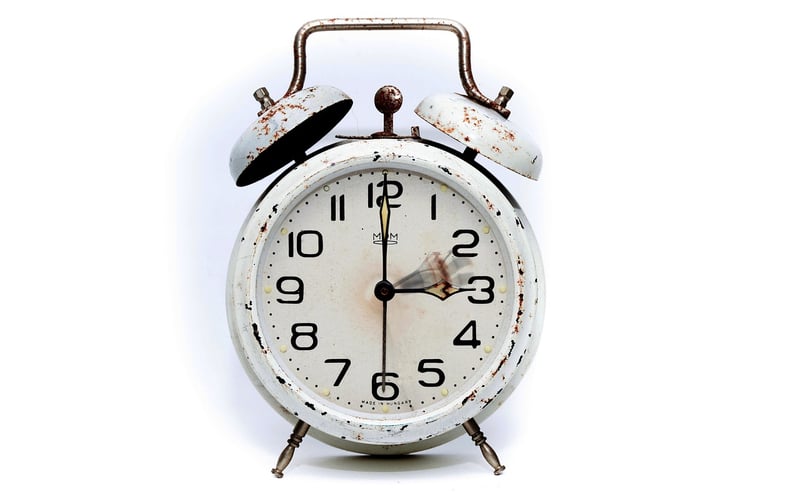Time Travel Ethics
The Characters of Time and Time Travel Ethics
Time, an abstract concept that governs our lives, has fascinated humans for centuries. The notion of time travel, a concept popularized by science fiction, has intrigued many, raising questions about the characters of time and the ethical implications of altering it.
The Characters of Time
Time is often personified in literature and art, taking on various forms and characteristics. In some stories, time is depicted as a relentless force, marching on without regard for human desires. In others, time is portrayed as a benevolent figure, offering opportunities for growth and change.
One famous representation of time is the mythological figure of Chronos, the personification of time in Greek mythology. Chronos is often depicted as an elderly man with a long beard, symbolizing the wisdom and inevitability associated with the passage of time.
Time Travel Ethics
The concept of time travel raises profound ethical questions. If given the ability to travel through time, should we change the course of history to prevent tragedies? Or should we uphold the principle of non-interference in order to preserve the integrity of the timeline?
One ethical dilemma of time travel is the potential for unintended consequences. A seemingly minor alteration in the past could have far-reaching effects on the future, leading to unpredictable outcomes.
Conclusion
As we ponder the characters of time and the ethics of time travel, we are reminded of the complexity and mystery of this concept. Time, with its immutable nature and ever-present influence, continues to captivate our imagination and challenge our understanding of the universe.


Explore more about time and its characters here.
